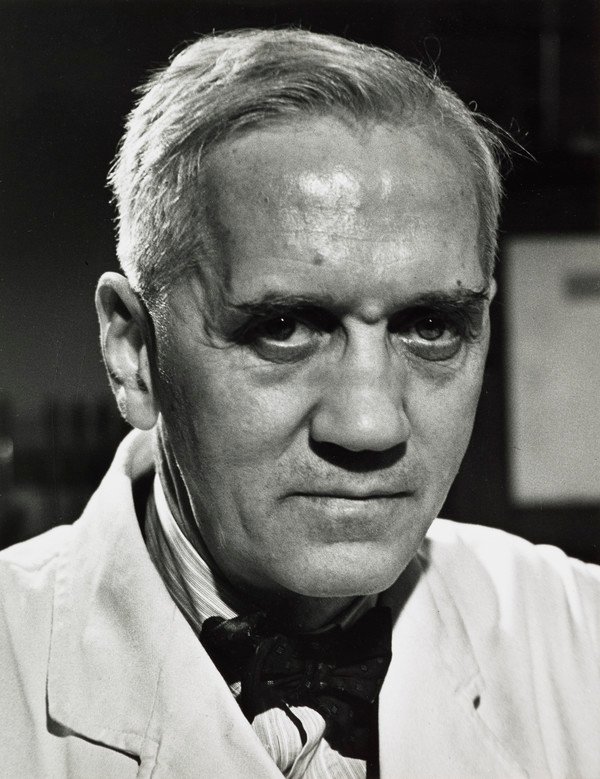Alexander Fleming (1881–1955) Discovery of Penicillin
By:
jawad hayder

The Content
Early Life and Education:
- Birth: August 6, 1881, in Lochfield, Scotland, UK.
- Education: Fleming studied at St. Mary's Hospital Medical School in London, where he trained as a doctor and later became a bacteriologist. His academic focus was initially on the study of bacteria and infectious diseases.
Major Achievements:
Discovery of Penicillin:
- Serendipitous Discovery: In 1928, while working at St. Mary's Hospital, Fleming noticed that a mold called Penicillium notatum had contaminated one of his bacterial cultures. He observed that the bacteria surrounding the mold were being destroyed, leading him to identify penicillin as a potent antibacterial agent.
- Development and Impact: Fleming's discovery of penicillin marked the beginning of the antibiotic era. His research demonstrated penicillin's effectiveness against a range of bacterial infections, revolutionizing the treatment of diseases that were previously often fatal. Penicillin became a critical tool in combating bacterial infections, especially during World War II, where it was used to treat wounded soldiers.
Influence on Medicine and Microbiology:
- Foundation for Antibiotics: Fleming's work paved the way for the development of other antibiotics and established the field of antibiotic therapy. His discovery inspired further research into other antimicrobial agents and antibiotics, significantly impacting medical practice.
- Recognition: For his contributions to medicine, Fleming was awarded the Nobel Prize in Physiology or Medicine in 1945, shared with Howard Florey and Sir Norman Heatley, who helped develop penicillin into a usable treatment.
Later Life and Death:
- Continued Work and Contributions: Throughout his career, Fleming continued to work on the development of penicillin and other antimicrobial agents. He also conducted research on the development of vaccines and the role of bacteria in various diseases.
- Death: Alexander Fleming died on March 11, 1955, in London, England, at the age of 73. He succumbed to a heart attack. Fleming’s contributions to medical science have left a lasting legacy, with penicillin continuing to be a cornerstone of antibiotic therapy.
Legacy: Alexander Fleming's discovery of penicillin is one of the most significant medical breakthroughs of the 20th century. It transformed the treatment of bacterial infections, reduced mortality rates from infections, and laid the foundation for the development of a wide range of antibiotics. Fleming’s work not only saved countless lives but also established a new era in medicine, demonstrating the profound impact of scientific discovery on public health. His legacy endures through the continued use of antibiotics and the ongoing advancements in medical science.
jawad hayder
1 month ago
Medicine
You Need To sign In To Add Comment